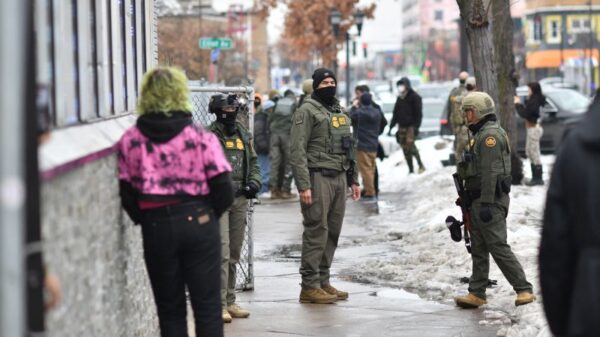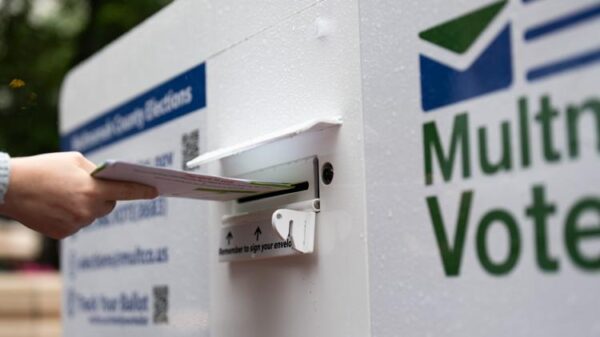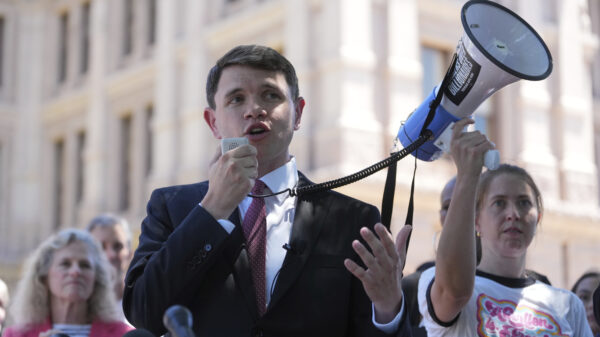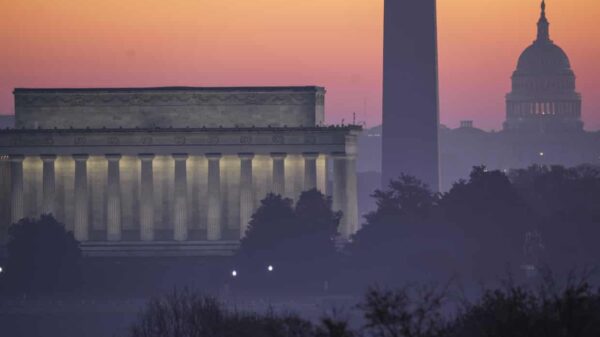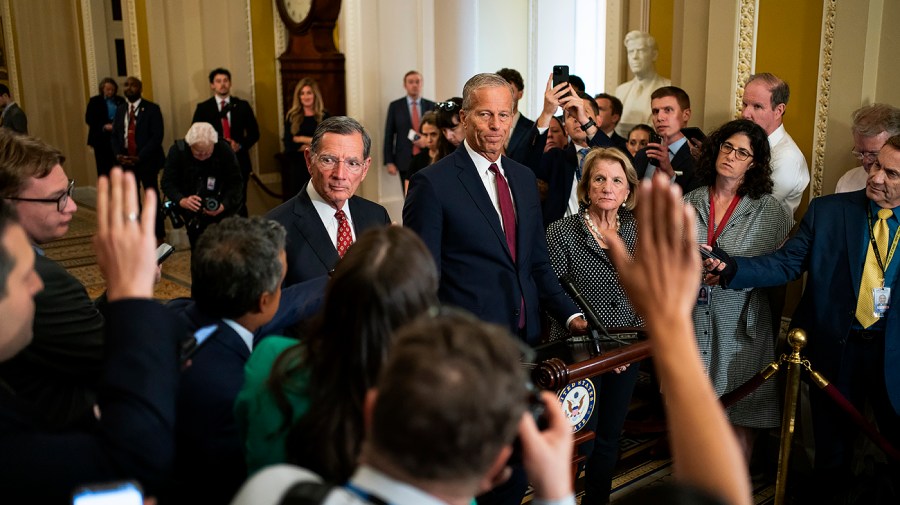Senate Republican leaders are bracing for a crucial period as Congress reconvenes on September 5, 2023, following a month-long recess. The Senate GOP faces significant challenges, including government funding and the expedited confirmation of nominees from former President Donald Trump. With only weeks left before a potential government shutdown, the upper chamber must balance these priorities amid a backdrop of escalating political tensions.
Among the pressing issues is the need to finalize a government funding package by the September 30 deadline. Senate Majority Leader John Thune (R-S.D.) will need to navigate bipartisan negotiations while also addressing internal party dynamics. Democrats have urged Thune and House Speaker Mike Johnson (R-La.) to convene a “four corners” meeting immediately upon their return to discuss the funding crisis and the ongoing healthcare challenges facing the country. Senate Minority Leader Chuck Schumer (D-N.Y.) and House Minority Leader Hakeem Jeffries (D-N.Y.) emphasized the urgency of these discussions in a joint statement.
The challenges for the Senate GOP were compounded by the recent announcement from the White House regarding a proposed clawback of $4.9 billion in foreign aid funds, which has drawn criticism from both Democrats and appropriators. This action, unprecedented in nearly fifty years, could face legal challenges and further complicate negotiations as lawmakers attempt to avert a government shutdown.
Schumer described the administration’s move as indicative of a lack of planning by Trump and GOP lawmakers to prevent a potentially damaging shutdown. He accused them of showing a disregard for collaborative governance, stating, “It seems Republicans are eager to inflict further pain on the American people, raising their healthcare costs and compromising essential services.”
As Congress reconvenes, both parties are expected to pursue a stopgap spending bill to keep the government operational while they work towards a full-year funding package. Thus far, the Senate has passed only three of the twelve annual appropriations bills, while the House has approved two. The stark differences in their proposed spending plans highlight the significant hurdles that remain.
Adding to the complexity of the funding discussions is the calendar, with Congress scheduled to recess for a week at the end of September to observe the Jewish high holidays. This break could limit the time available for negotiations.
Beyond funding issues, Senate Republicans are also focusing on advancing Trump’s nominees to various federal positions. Frustration has mounted within the party over the lack of progress on these nominations, with only one nominee, Secretary of State Marco Rubio, successfully overcoming a full filibuster. As a result, Republican senators are advocating for changes to the chamber’s confirmation rules to streamline the process, potentially reducing debate time for lower-level nominees.
Senator James Lankford (R-Okla.) and Senator Katie Britt (R-Ala.) are leading efforts to explore options for expediting nominations, emphasizing the need for a more efficient process. “It’s intolerable,” Lankford remarked, underscoring the bipartisan frustration with the current state of nominee confirmations.
In a more positive development, the passage of the National Defense Authorization Act (NDAA) is expected to proceed smoothly, with both chambers ready to vote on it in the coming weeks. This legislation is a priority for both parties and may help to set a cooperative tone for the remainder of the session.
As the Senate prepares for its return, various other legislative items could also emerge, particularly in light of recent geopolitical developments. Lawmakers have been awaiting direction from Trump regarding a bipartisan sanctions package against Russia, especially following recent missile strikes on Kyiv. Senator Lindsey Graham (R-S.C.), a lead sponsor of the proposal, has indicated that such measures may gain urgency as the situation evolves.
Overall, the Senate GOP’s agenda is fraught with challenges, and the coming weeks will be critical in determining whether they can navigate these issues effectively and prevent a government shutdown.










